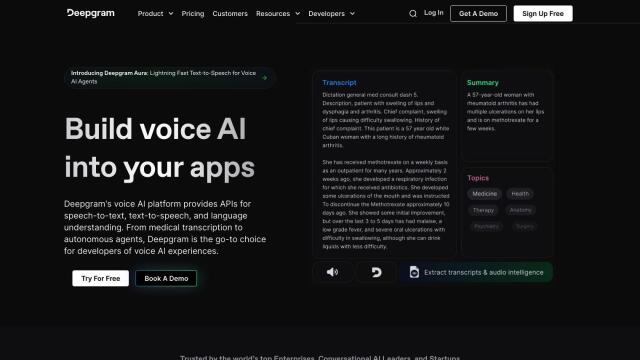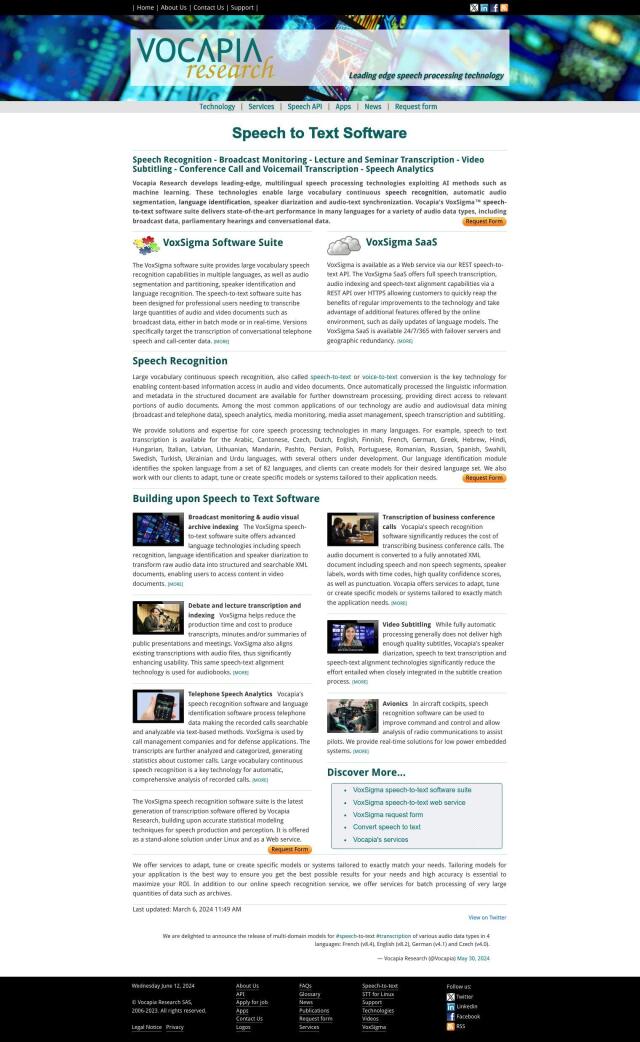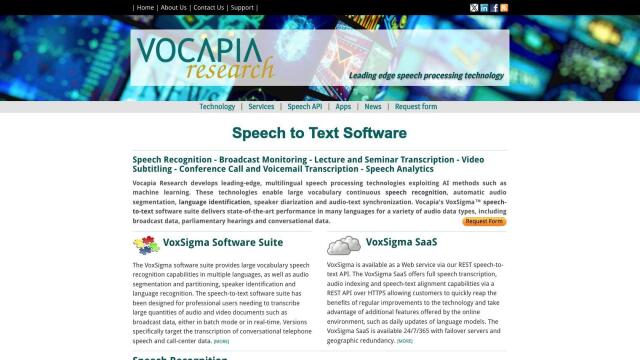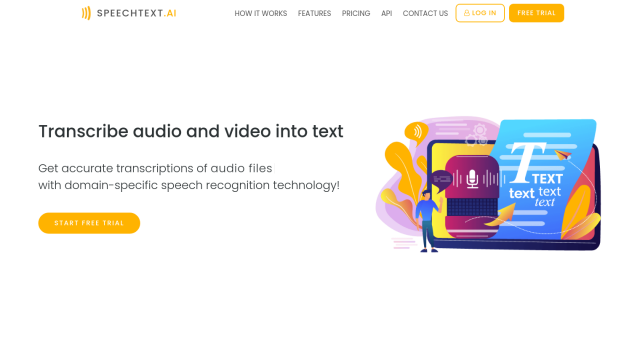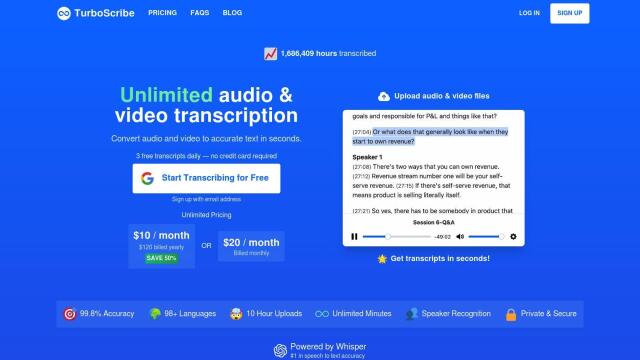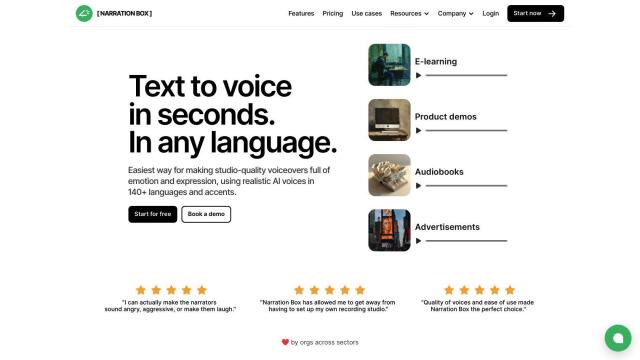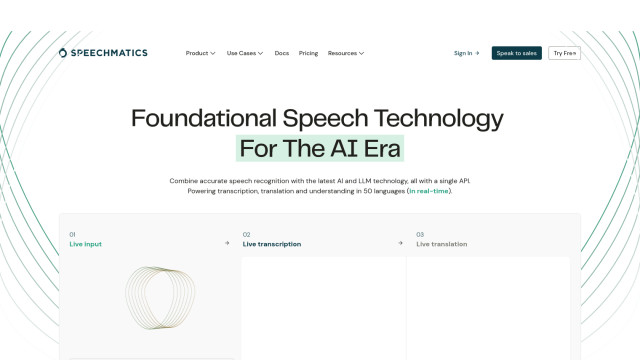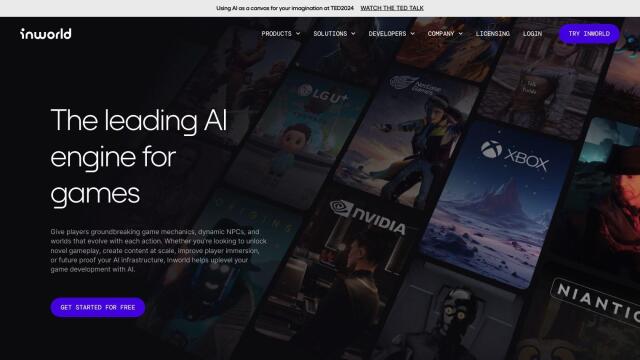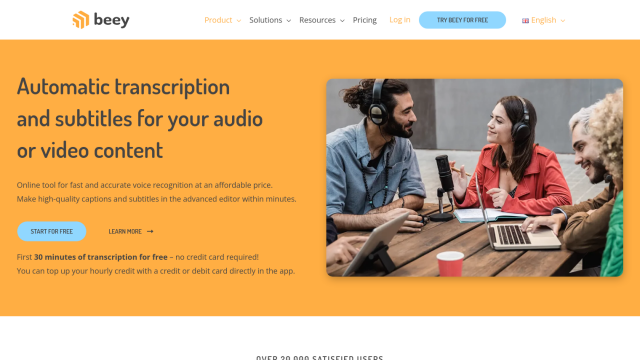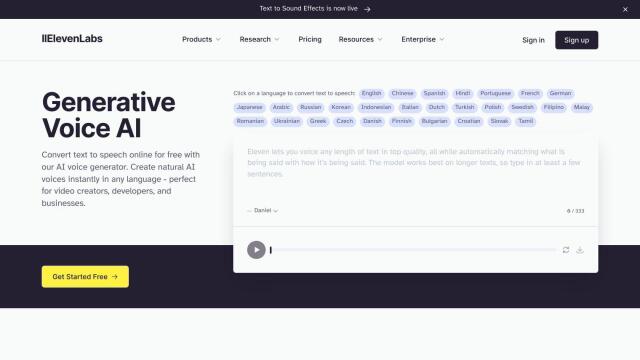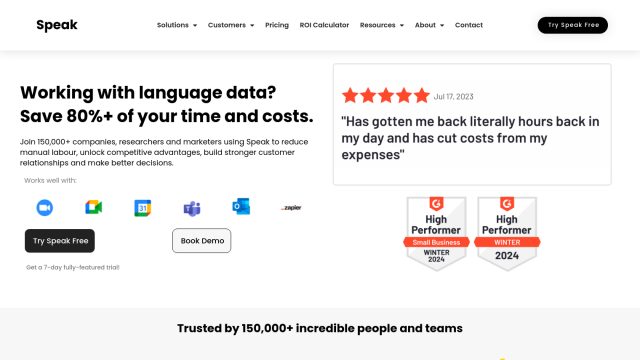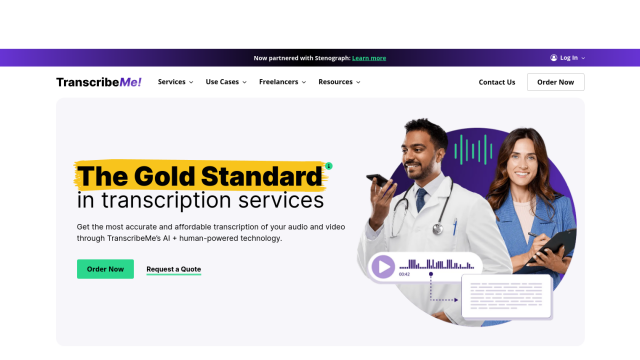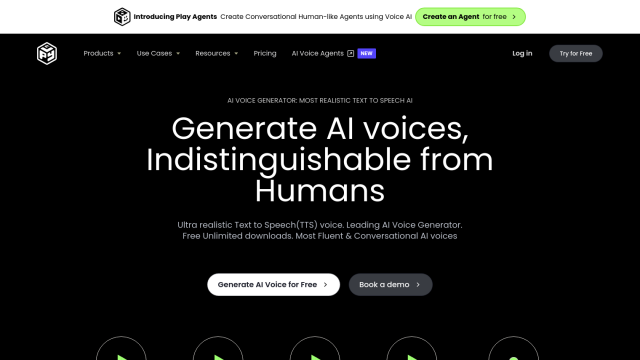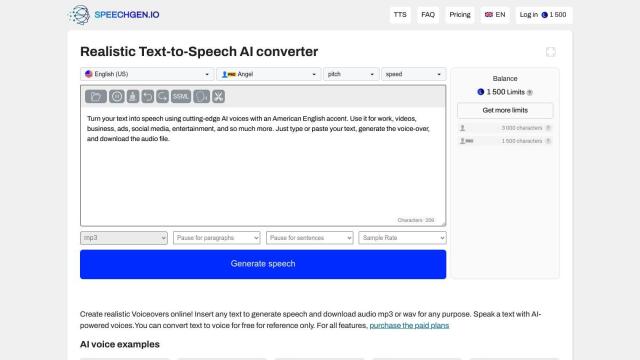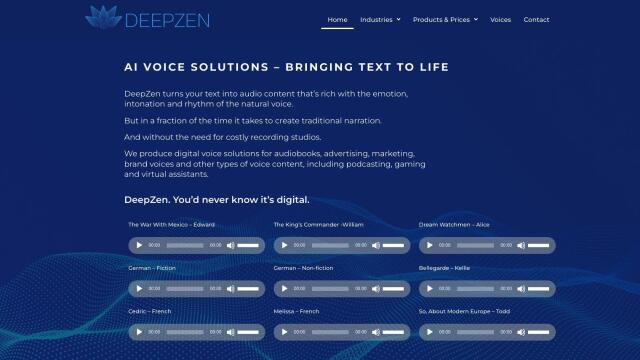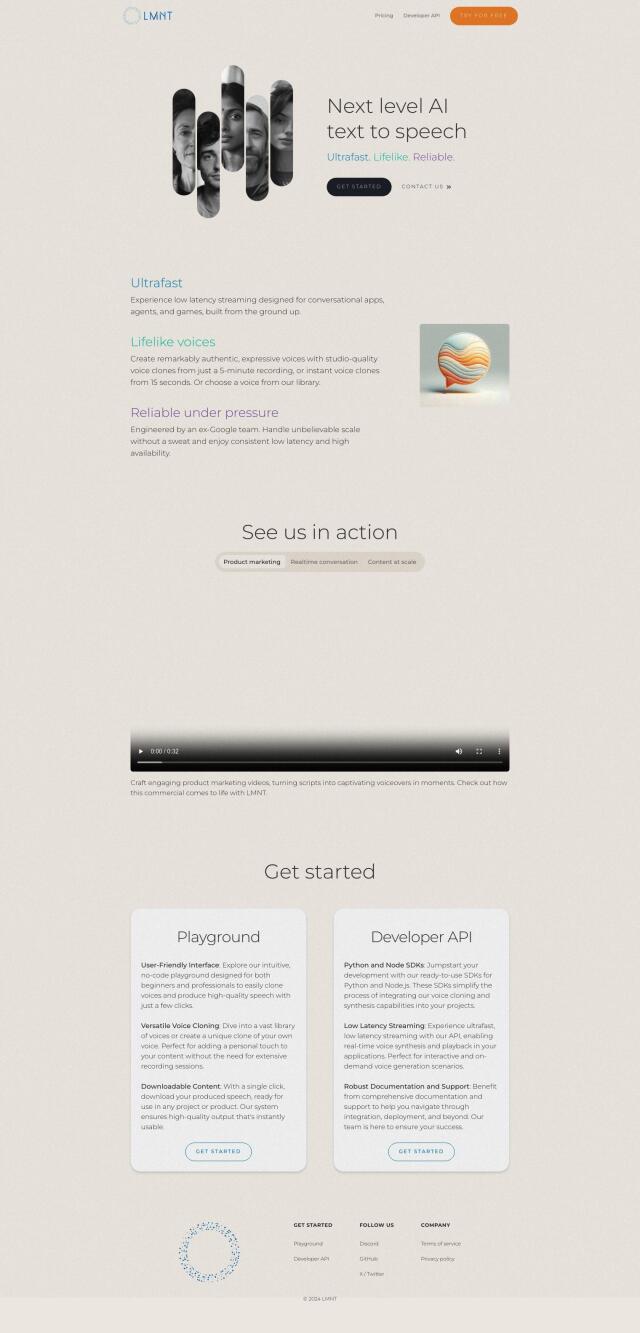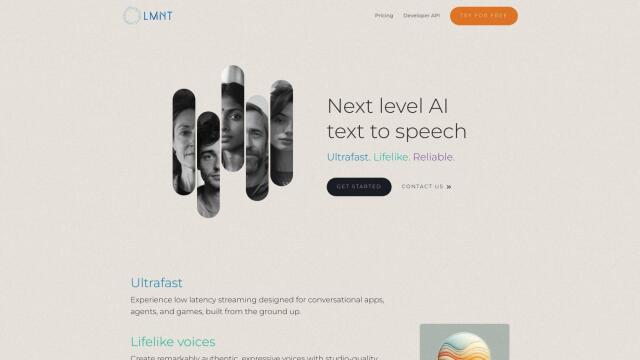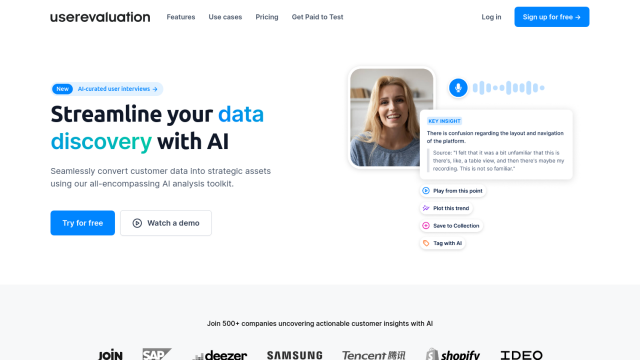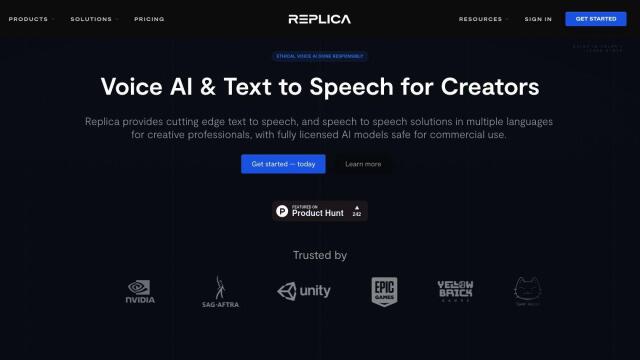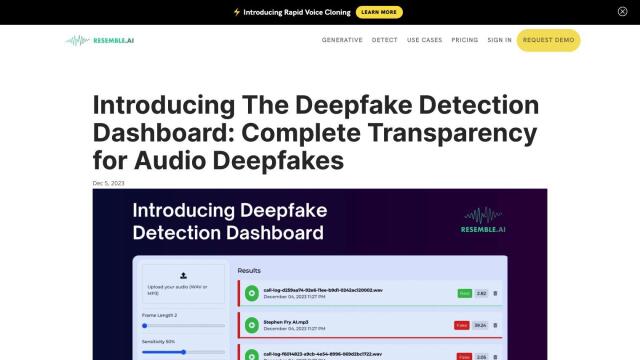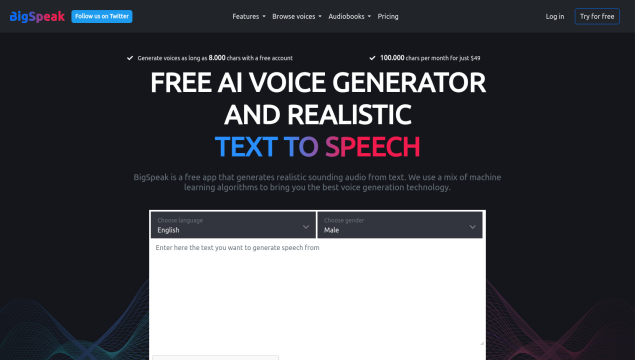
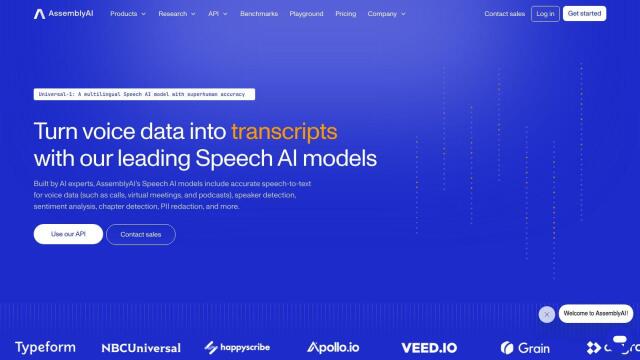
AssemblyAI
If you're looking for another Deepgram alternative, AssemblyAI is worth a look. It has a broader range of AI models for speech-to-text transcription, speaker identification, sentiment analysis and other tasks. It supports more than 99 languages and has flexible integration tools, and AssemblyAI is designed for companies building their own AI products that use voice data. It offers a free tier for testing and pay-as-you-go pricing with discounts for large volumes, so it can be relatively affordable.

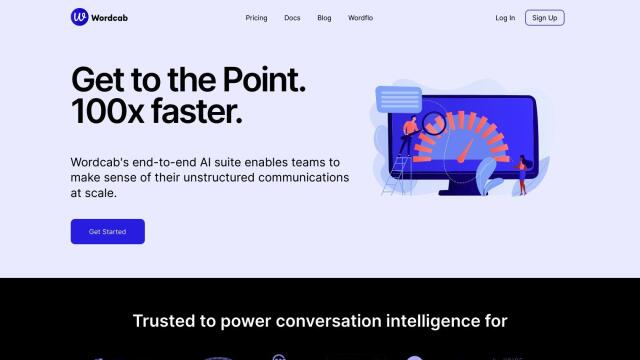
Wordcab
Another option worth considering is Wordcab, which is designed to process and analyze vast quantities of unstructured communications. Wordcab offers multilingual transcription in 57 languages, downstream conversation intelligence and easy-to-use analytics. It's good for sales, support, legal and medical applications, and it has data security as a top priority with SOC 2 Type 2 certification and GDPR compliance.
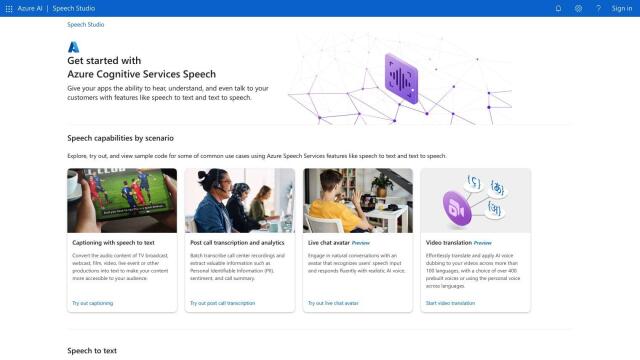
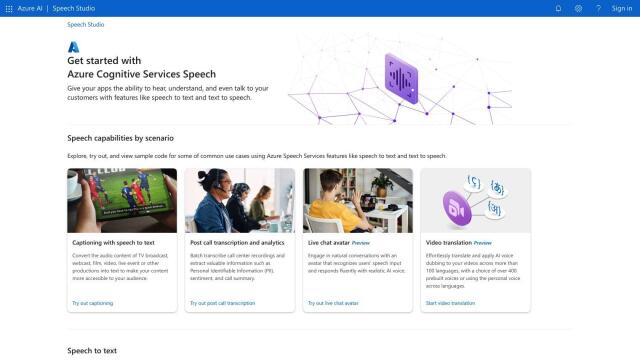
Speech Studio
If you're looking for a basic speech-to-text and text-to-speech service, check out Speech Studio. It's designed to let apps talk to customers by speech, and it's a good fit for customer service chatbots and voice assistants. Speech Studio is geared for real-time speech processing, and its core abilities are speech-to-text and text-to-speech.

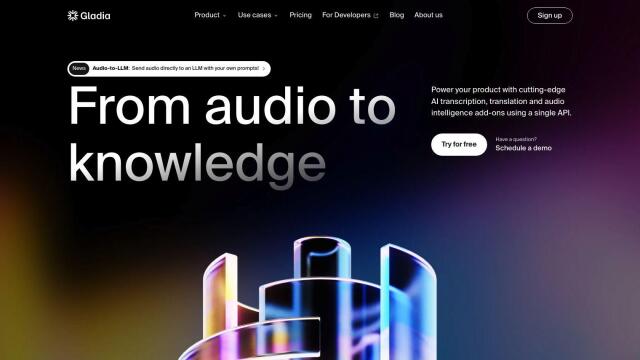
Gladia
If you need high accuracy and are willing to jump through some integration hoops, Gladia could be a good choice. It offers a powerful AI transcription API with multilingual speech-to-text translation and near real-time automatic language detection. Gladia can be integrated with a variety of tech stacks, and in addition to transcription, it offers translation and other features like summarization and topic classification, so it's good for content and media applications.

